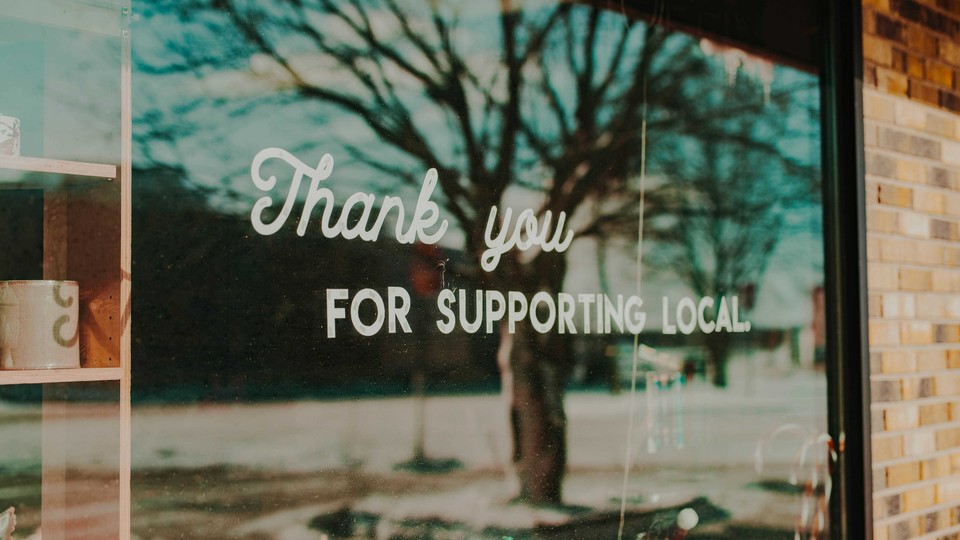
Intense Interest
When A Company Goes Bankrupt, Interest Rates Have An Outsized Effect On Final Value
Based on research by Antonio Merlo (former professor and dean at Rice University) and Xun Tang
When A Company Goes Bankrupt, Interest Rates Have An Outsized Effect On Final Value
- Corporate bankruptcies, which allow claimants to negotiate over a bankrupt company's value, are often shrouded in mystery until the deal is finally completed.
- Stochastic bargaining models, which consider the randomness of a set of variables over the time of a negotiation, may shed light on the factors that drive both deal timing and valuation.
- New research shows that interest rates have outsized effects compared to stock prices on the final negotiated value of a bankrupt company.
When a company goes bankrupt, its creditors start fighting. Each has a plan for restructuring the struggling company that best benefits their own interests, aiming to find value in the company above its cash liquidation value.
But bankruptcy negotiations are buffeted by random, complicated factors beyond bickering creditors and the clamor of other claimants. Fluctuations in macroeconomic conditions, such as interest rates and other factors, make themselves felt in the form of up-and-down stock prices. Not only that: Information revealed in private talks between the company and its claimants may affect company value—but be unavailable to the public.
It’s a central paradox for both economists and the public: how to figure out the factors behind the outcome of a deal when you can’t see any of the intermediate steps that led to the deal, only its final value.
To better understand the factors driving bankruptcy negotiations, former and current Rice economists Antonio Merlo and Xun Tang, coauthored a study using a stochastic model. (These are models based on the fact that state variables evolve randomly over time). The researchers found that in creditors’ quest to extract as much extra value as possible from a bankruptcy — a prize the researchers called “cake” — what mattered most were fluctuations in interest rates.
To conduct the study, Merlo and Tang used U.S. Corporate Bankruptcy Data from 1990-1997, to select publicly traded companies that reorganized by 2000, and looked at the 77 companies that provided final reorganization values and their distribution between all claimants. The researchers then overlapped data from three-month Treasury bills and industry stock price indices onto the bankruptcies’ time periods — seemingly random events that closely affect negotiations over company value.
The data showed that changes in interest rates tended to have a larger effect on both the probability of claimants reaching an agreement and the agreement itself being larger. Furthermore, interest rates affected “cake” values regardless of the simultaneous effect of stock prices, while the same cannot be said for stock prices regardless of interest rates.
But interest rates also came to matter more as the deals progressed. The more time claimants took to close a deal, and the more that they needed the cash from the bankruptcy, the more likely they were to want a quick settlement that avoided high interest rates in the capital markets. While there is nothing like a bankruptcy to focus a creditor’s mind, rising interest rates seem to heighten their sense of urgency in a way that even stock prices do not.
Antonio Merlo is the former George A. Peterkin Professor and Chair of the Department of Economics at Rice University.
Xun Tang is associate professor of Economics at Rice University.
To learn more, please see: Merlo, A. & Tang, X. (2012). Identification and Estimation of Stochastic Bargaining Models. Econometrica, 80(4), 1563-1604.
Never Miss A Story


